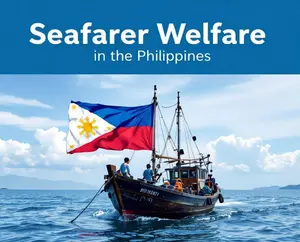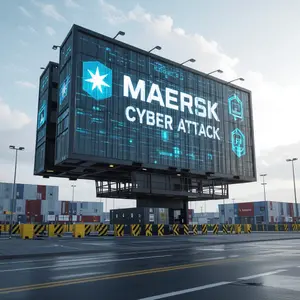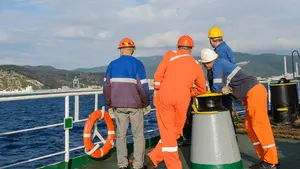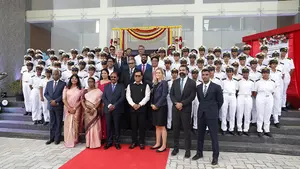The urgency of addressing climate change is reshaping the global energy landscape, particularly within the shipping industry, which is increasingly adopting clean energy fuels to achieve net-zero emissions. Offshore Energy interviewed Shivendu Gadkar, Head of Fleet Efficiency and Performance at X-Press Feeders, to discuss the challenges facing the maritime sector and its future trajectory.
Founded in 1972, X-Press Feeders operates in Singapore, offering feeder services with a fleet exceeding 100 vessels. As part of its sustainability commitment, the company has ordered 14 dual-fuel vessels to be delivered between 2024 and 2026, aiming for net-zero emissions by 2050. In 2024, X-Press Feeders has launched a green methanol-powered feeder network, achieving significant CO₂ emission reductions—up to 65% per vessel. This initiative not only underscores their environmental commitment but also strengthens partnerships with clients who value sustainable logistics.
The company signed a memorandum of understanding (MoU) with six European ports to develop green methanol infrastructure and optimize port operations. Engaging in joint training initiatives, X-Press Feeders prepares teams for safe handling of alternative fuels. This collaboration lays a foundation for scaling up sustainability initiatives globally.
While green methanol is currently the favored option due to its practical advantages—such as lower space requirements compared to hydrogen or ammonia—the company continues to explore other sustainable marine fuels and technologies. They are adopting real-time data analytics to monitor vessel performance, allowing for operational optimizations that reduce emissions. Innovations such as wind deflectors and enhanced anti-fouling coatings are also being implemented to improve fuel efficiency.
Discussing the implications of discussions at COP29, Gadkar emphasized the event’s role in shaping future shipping regulations. The outcomes are expected to reinforce the need for alternative fuels and infrastructure development, which X-Press Feeders is already investing in. Coping with economic realities, Gadkar advocates for a global carbon levy to support alternative fuels while ensuring fair competition within the shipping sector.
Geopolitical tensions can influence operations, but X-Press Feeders remains agile, adjusting routes and ports as necessary. The company aims to balance sustainability with economic viability, promoting collaboration across the supply chain to share costs and encourage innovation.
Despite progress in green technology adoption, there are still hurdles such as high costs and regulatory uncertainty. Policies are needed to establish enforceable standards, financial incentives, and infrastructure investments to accelerate the transition. Future initiatives may include expanding green shipping corridors and enhancing operational efficiencies through data analytics, further supporting the company’s green methanol program.
This integrated approach positions X-Press Feeders to evolve along with the maritime industry’s shift toward a more sustainable future, with anticipated trends such as hybrid fuel systems and circular economies becoming increasingly important. Ultimately, these efforts aim to significantly reduce emissions and contribute to the broader decarbonization of the shipping industry.
Source link







